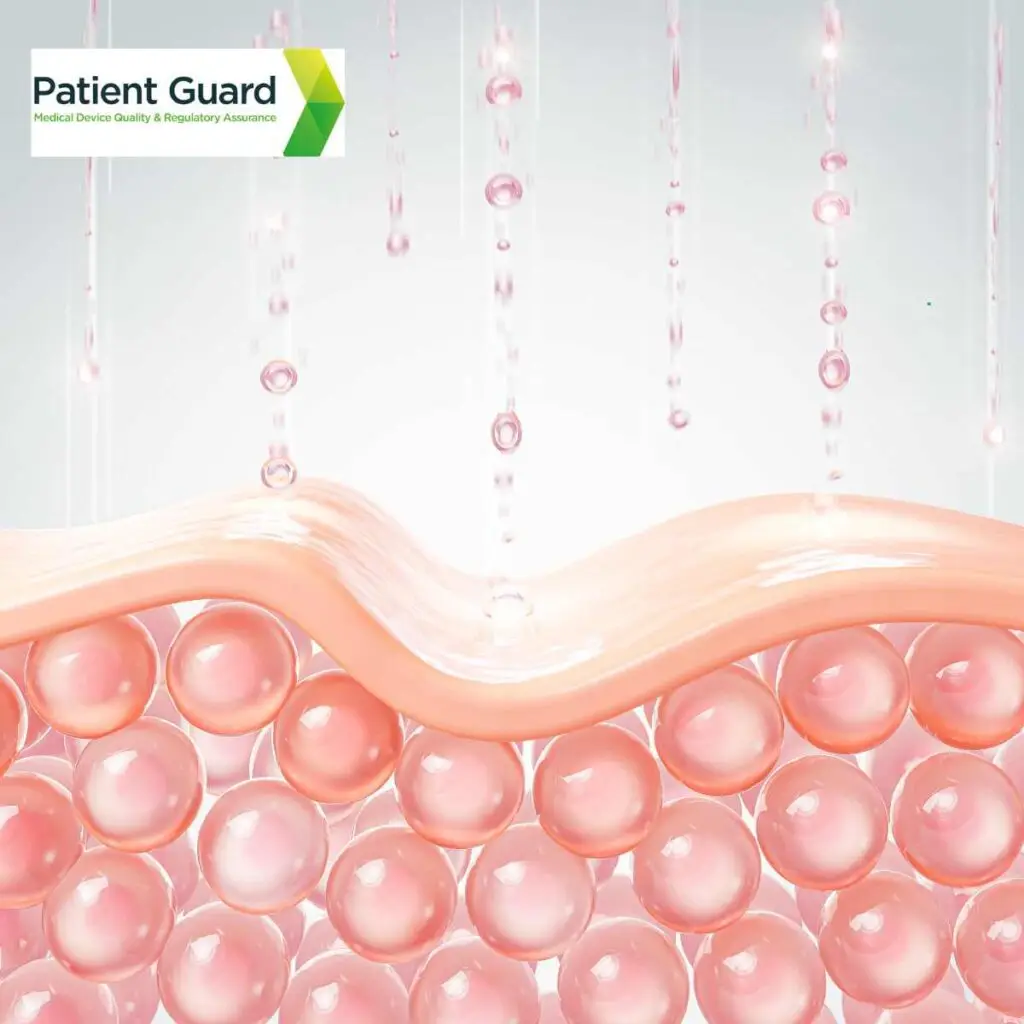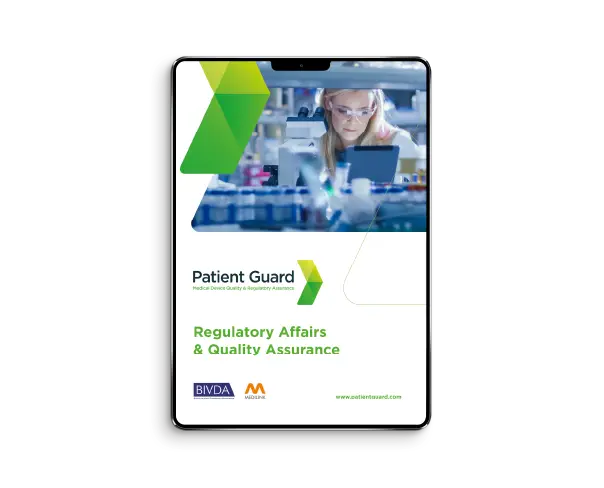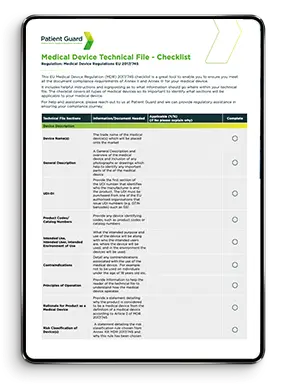Skin Irritation Testing
Skin irritation testing is a critical step in evaluating the safety of medical devices, cosmetics, and other products that come into contact with human skin. Historically, these tests were conducted using animal models, but ethical considerations and scientific advancements have shifted the focus towards in vitro (test tube or culture dish) methods. One of the key standards governing this process is ISO 10993-23:2021, which provides guidelines for assessing the irritation potential of medical devices using in vitro models. This blog will explore the significance of in vitro skin irritation testing, the details of ISO 10993-23, and its impact on product development.
The Importance of Skin Irritation
Skin irritation occurs when a substance causes inflammation or damage to the skin upon contact. For medical devices, this can be a serious concern, as they are often in prolonged contact with the skin. The consequences of not adequately testing for irritation can range from minor redness to severe dermatitis, leading to discomfort, injury, or even infection in users. Therefore, reliable testing methods are crucial to ensure that products are safe before they reach the market.

The Evolution of Testing Methods
Traditionally, skin irritation testing was performed on animals, typically rabbits, to assess the potential harm that a product could cause to human skin. However, the ethical implications of animal testing, coupled with the drive for more human-relevant and scientifically advanced methods, have led to the development of alternative approaches. In vitro testing has emerged as a viable and accepted method, offering several advantages, including reduced ethical concerns, cost-effectiveness, and improved reproducibility of results.
ISO 10993-23:2021 Overview - Skin Irritation Testing
ISO 10993-23:2021 is part of the ISO 10993 series, which outlines biological evaluation standards for medical devices. Specifically, ISO 10993-23 addresses the requirements for in vitro testing of skin irritation. The standard is a response to the growing need for non-animal testing methods and aligns with global regulatory trends favouring in vitro approaches.
The standard provides guidelines for:

1. Test Methods:
ISO 10993-23 outlines validated in vitro test methods, such as reconstructed human epidermis (RHE) models, which mimic human skin’s structure and function. These models provide a reliable platform for assessing irritation without the need for animal testing.
2. Test Material
The standard specifies the types of materials and devices that should be tested. It emphasizes that any product intended for prolonged skin contact or that may release substances onto the skin must undergo rigorous irritation testing.
3. Acceptance Criteria
ISO 10993-23 establishes criteria for interpreting test results, helping manufacturers determine whether a product passes or fails the irritation assessment. This includes identifying the threshold at which a material is considered non-irritant.
4. Risk Assessment
The standard encourages a risk-based approach to skin irritation testing. It suggests that manufacturers consider the potential exposure level, the duration of contact, and the nature of the device or material when designing their testing strategy.
The Impact on Product Development
Adopting ISO 10993-23 in product development offers several benefits:
Ethical Compliance
Companies can demonstrate their commitment to ethical practices by reducing reliance on animal testing, which is increasingly demanded by consumers and regulatory bodies alike.
Regulatory Acceptance
Compliance with ISO 10993-23 ensures that products meet international safety standards, facilitating smoother regulatory approval processes in multiple markets.
Cost and Time Efficiency
In vitro testing methods are generally faster and less expensive than traditional animal tests. They allow for more rapid iteration and development of products, which is particularly beneficial in competitive industries like medical devices and cosmetics.
Enhanced Safety
By following the guidelines set out in ISO 10993-23, manufacturers can ensure a higher level of product safety, reducing the risk of adverse reactions in end-users and potentially avoiding costly recalls or legal issues.
Challenges and Considerations
While ISO 10993-23 offers a robust framework for in vitro skin irritation testing, there are challenges and considerations to keep in mind:
Technical Expertise:
Conducting in vitro tests requires specialized knowledge and expertise. Laboratories must be equipped with the appropriate tools and trained personnel to carry out the tests accurately.
Interpretation of Results:
While the standard provides acceptance criteria, interpreting results can still be complex, especially for products that fall into gray areas. Manufacturers must carefully analyze data and may need to consult with experts to ensure accurate conclusions.
Limitations of In Vitro Models:
Although in vitro models are highly effective, they may not capture all the complexities of human skin. In some cases, additional testing or a combination of methods may be necessary to fully assess a product’s irritation potential.
Summary
In vitro skin irritation testing, guided by the ISO 10993-23:2021 standard, represents a significant advancement in the safe and ethical evaluation of medical devices and related products. By shifting away from animal testing and embracing innovative, human-relevant methods, the industry is better equipped to develop safe, effective products while maintaining high ethical standards. For manufacturers, adhering to ISO 10993-23 is not just about compliance; it’s about leading the way in responsible product development and ensuring the well-being of consumers worldwide.
Related Services by Patient Guard:
FAQs
In vitro skin irritation testing assesses whether a medical device or its materials can cause irritation to the skin without the need for animal testing. It uses human-derived skin models or reconstructed human epidermis (RHE) to predict potential irritant effects.
Why it matters: This testing is a regulatory requirement under ISO 10993-23, ensuring that medical devices are safe for skin contact while supporting ethical testing practices.
ISO 10993-23 is the standard that specifies methods for evaluating skin irritation caused by medical devices or their components. It replaced the in vivo rabbit irritation test with scientifically validated in vitro methods, aligning with the move toward animal-free testing.
Key insight: Compliance with ISO 10993-23 is mandatory for medical devices in contact with intact skin to meet regulatory approval in the EU, UK, and other markets.
The testing involves:
- Extract Preparation: Device materials are extracted using simulated biological fluids.
- Exposure to RHE Models: The extracts are applied to RHE models, which mimic human skin.
- Measurement of Cellular Response: After a set exposure time, cell viability is measured using assays like MTT (a colorimetric test).
- Data Interpretation: Results are analyzed to determine if the product causes skin irritation.
Pro tip: Proper extraction procedures and controls are essential for reliable results.
Devices requiring this test include:
- Wearable devices: Such as adhesive patches and ECG electrodes.
- Surgical dressings: Products intended for prolonged skin contact.
- Protective gear: Masks, gloves, or gowns in direct contact with the skin.
- Implant delivery systems: If they come into contact with intact skin during application.
Key takeaway: Any device intended for skin contact must be evaluated for irritation risks as part of biological safety testing.
- In Vitro Skin Irritation Testing: Focuses specifically on skin irritation responses using human skin models.
- Cytotoxicity Testing: Evaluates the general toxicity of materials on cells without targeting specific tissues like skin.
Key insight: While cytotoxicity testing is broader, irritation testing is tissue-specific and essential for skin-contact devices.
Yes! Patient Guard offers comprehensive support for biological evaluation, including:
- Assisting with testing strategy development.
- Coordinating in vitro skin irritation testing with accredited labs.
- Reviewing results for regulatory submission.
- Preparing Biological Evaluation Reports (BER) that comply with ISO 10993 standards.
Why choose Patient Guard: With expertise in ISO 10993 and regulatory compliance, we help ensure your device meets safety requirements efficiently and ethically.
Resources:
- Medical Device Design and Development
- The Biological Evaluation of Medical Devices a comprehensive overview
- ISO 14971 and the Risk Management of Medical Devices
- FDA Guidance
- Drug Stability in Medical Devices: Infusion Sets and Administration Bags
- Extractables and Leachables Testing for Medical Devices in ISO 10993
- Skin Irritation Testing ISO 10993-23



